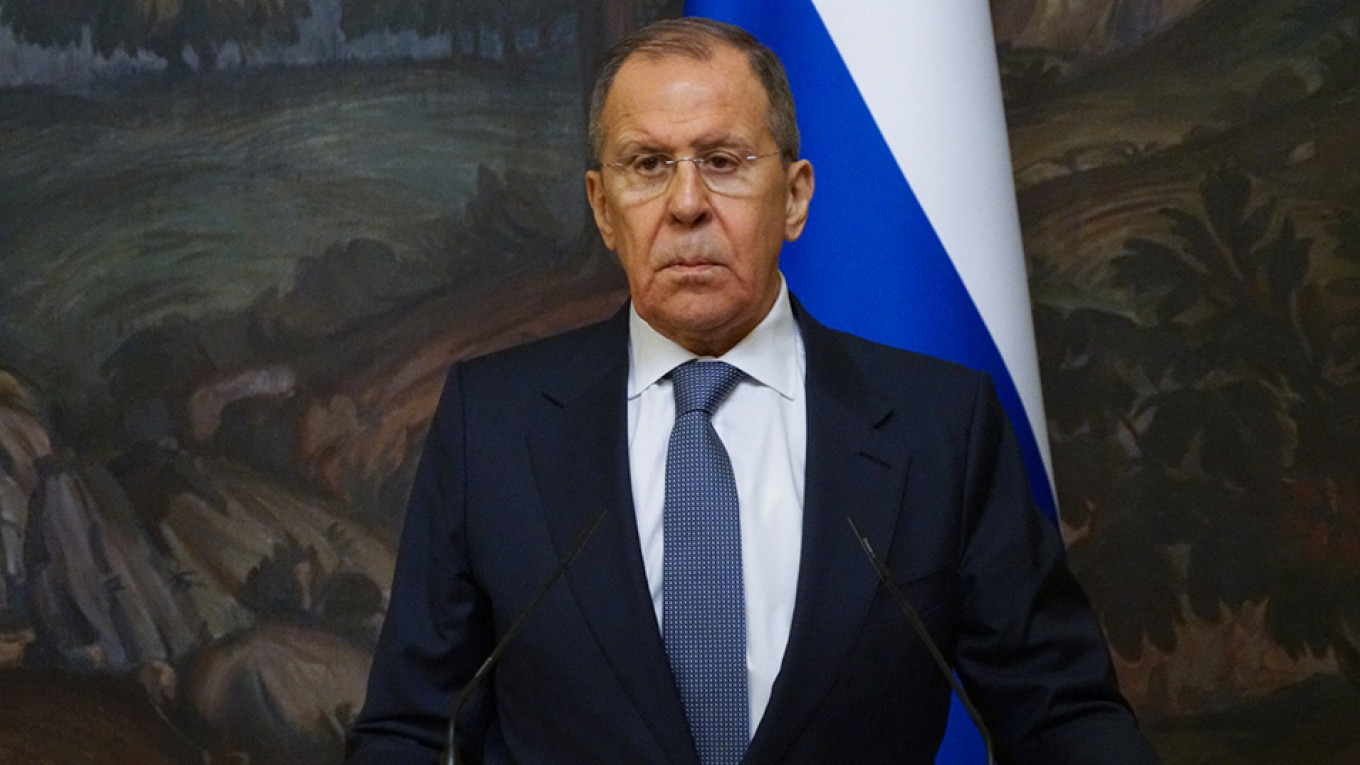
Russian Foreign Minister Sergei Lavrov on Thursday denounced U.S. foreign policy in Venezuela, criticizing U.S. “provocations” and attempts to create what he called a pretext for military intervention.
Lavrov’s censure of Washington, on a low-profile visit to Mexico, came at an awkward time for the host nation. Mexico’s government has been going out of its way avoid antagonizing the Trump administration, meeting its demands over immigration and other issues to avoid punitive U.S. measures.
Russia and the United States have repeatedly clashed over Venezuela, where Russian oil companies and military advisers are playing a key role in support of the socialist government of President Nicolas Maduro.
The United States and dozens of other countries recognize opposition leader Juan Guaido, who has been trying to oust Maduro, as Venezuela’s rightful president. Washington has imposed sanctions in a bid to dislodge Maduro.
Lavrov condemned attempts to remove Maduro as not “useful,” and said Washington’s threats against Venezuela were counterproductive.
Lavrov said the United States was “threatening that all options are on the table” and was involved in “provocations” in Venezuela.
“No one can solve the problems of Venezuelans for them, but others may very well try to prevent them from negotiating. We see such attempts aimed at setting a pretext for a military intervention,” Lavrov said, according to Russian state news agency TASS.
“Russia and Mexico agree that this will be categorically unacceptable,” Lavrov added, according to TASS.
Lavrov met with Mexican counterpart Marcelo Ebrard on Thursday and afterwards said U.S. foreign policy was stuck in the past, accusing Washington of bullying tactics.
“The United States thinks that everything is allowed and in the meantime they threaten the interlocutors, including punishments and sanctions,” Lavrov said at a news conference in Mexico City, according to a live translation of his comments into Spanish.
While Lavrov spoke warmly of a shared vision for Latin America with Mexico, his Mexican counterpart Ebrard did not make a public appearance with him. During last year’s visit of U.S. Secretary of State Mike Pompeo, Ebrard and Pompeo met the press together.
“It’s a snub,” Jorge Castaneda, a Mexican former foreign minister, said. “It just shows how subservient this government has become to the Americans.”
Mexico’s foreign ministry, in a statement, said it shared with Russia its “vision” for its rotating presidency of a regional body, known as CELAC, which was established by Venezuela as a counterweight to the U.S.-backed Organization of American States (OAS).
Mexican and Russian positions on Venezuela have moved closed under Mexico’s leftist President Andres Manuel Lopez Obrador, with both calling for talks without pre-conditions. However, Mexico has been less vocal in regards to the future of Maduro amid its efforts to have smooth relations with Washington.
